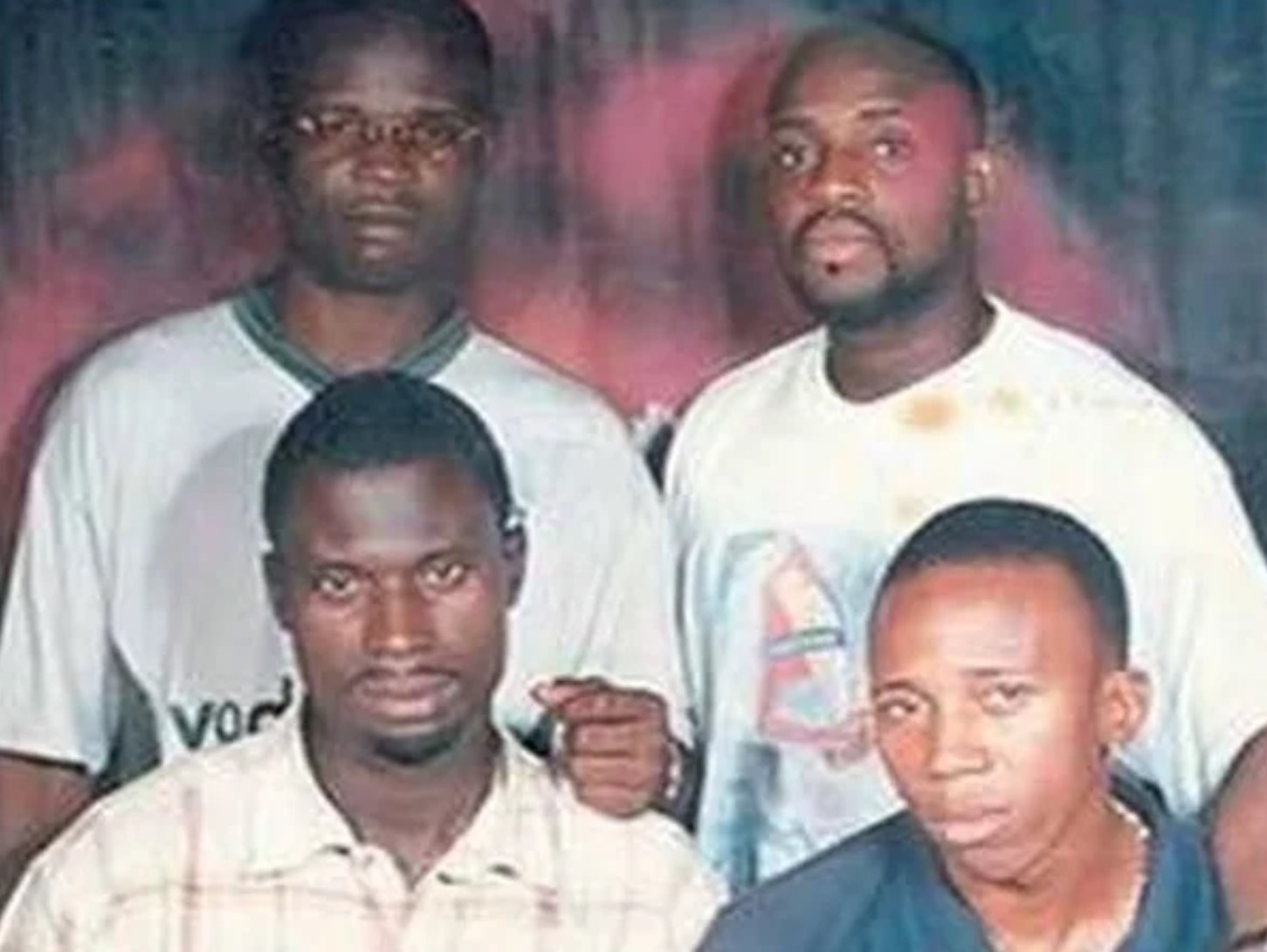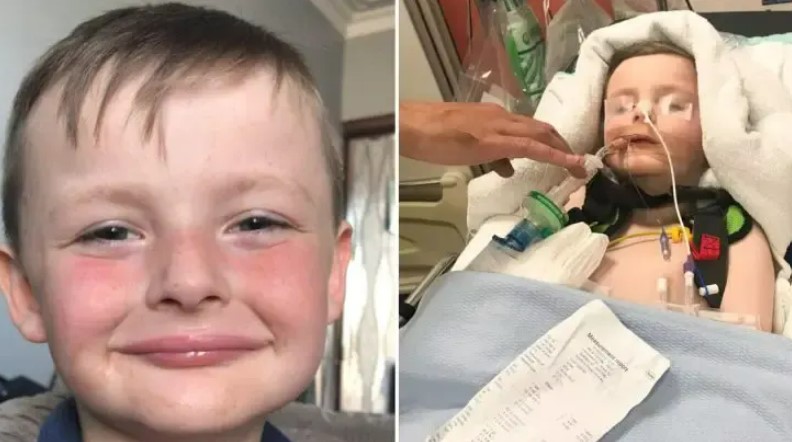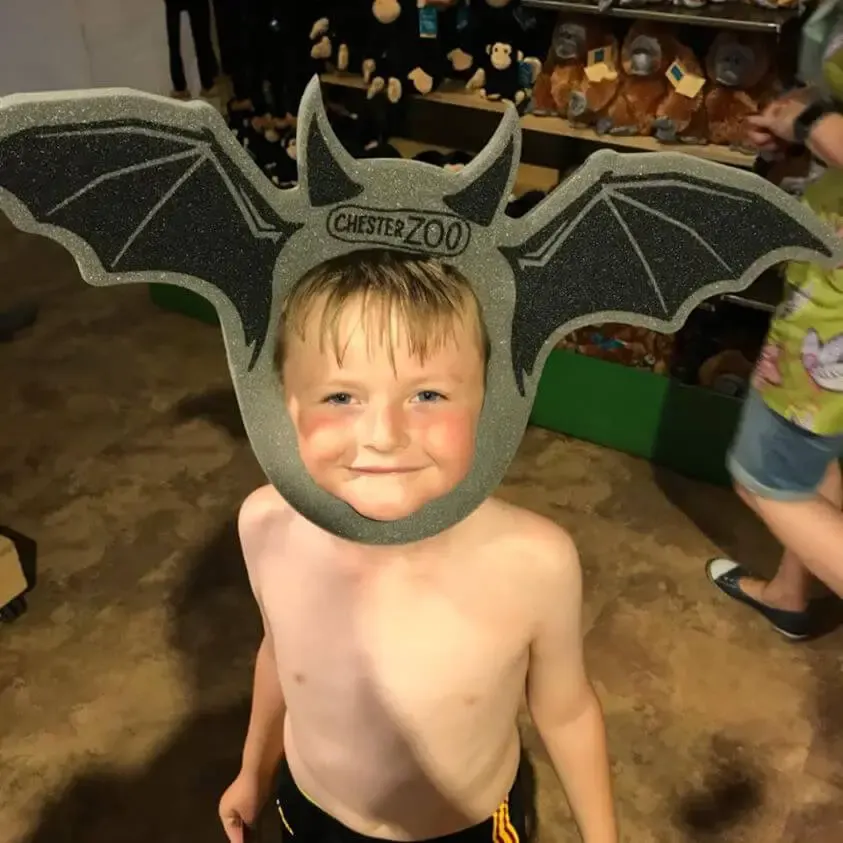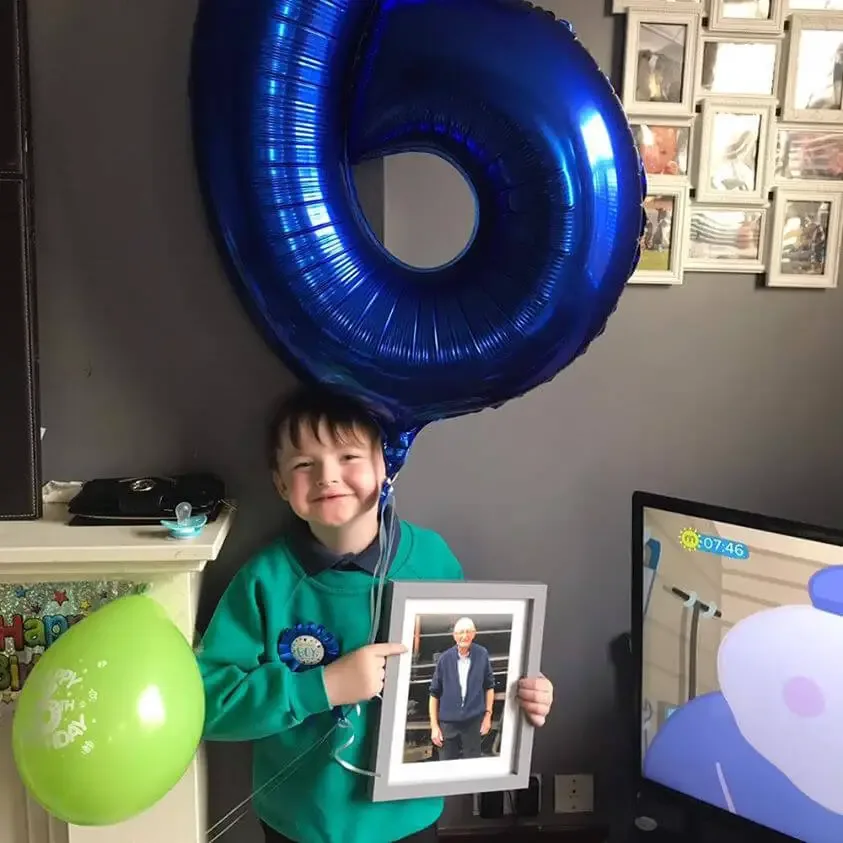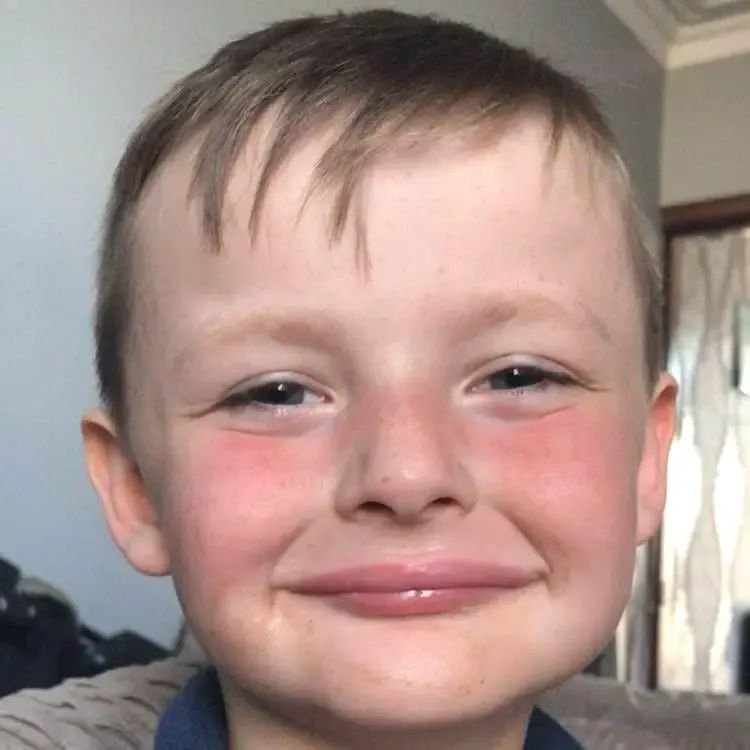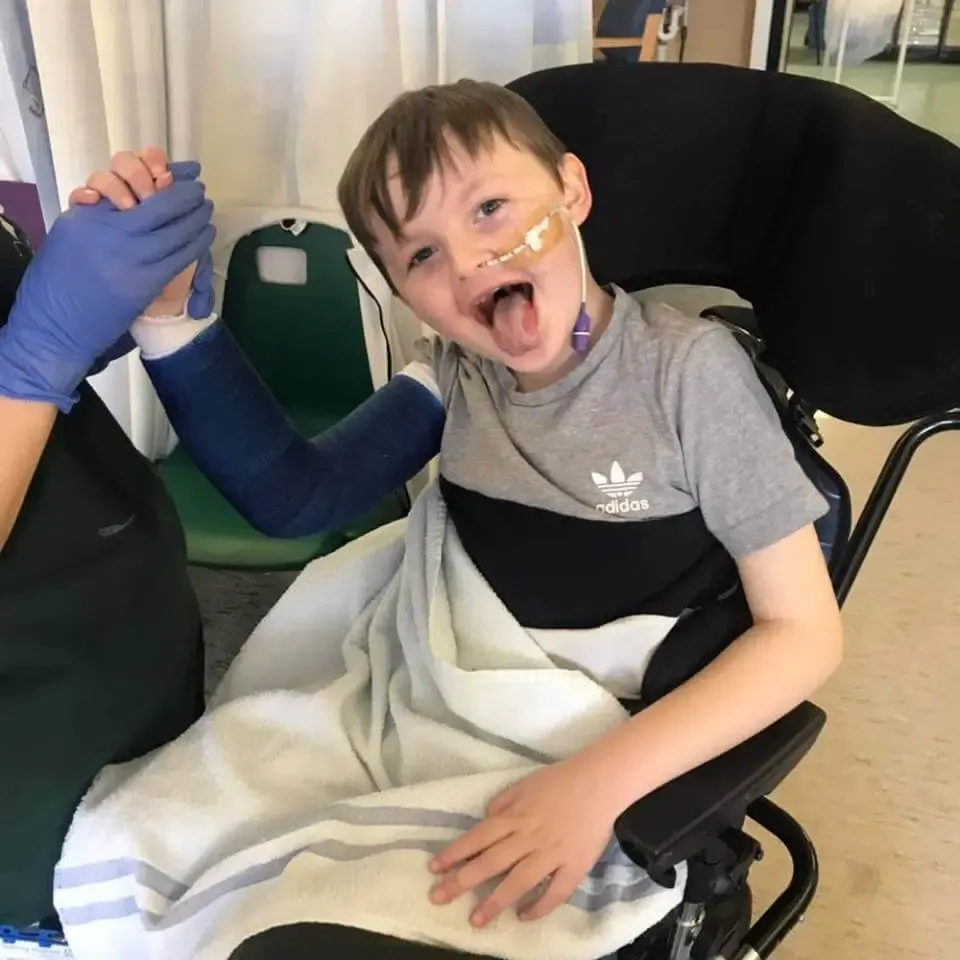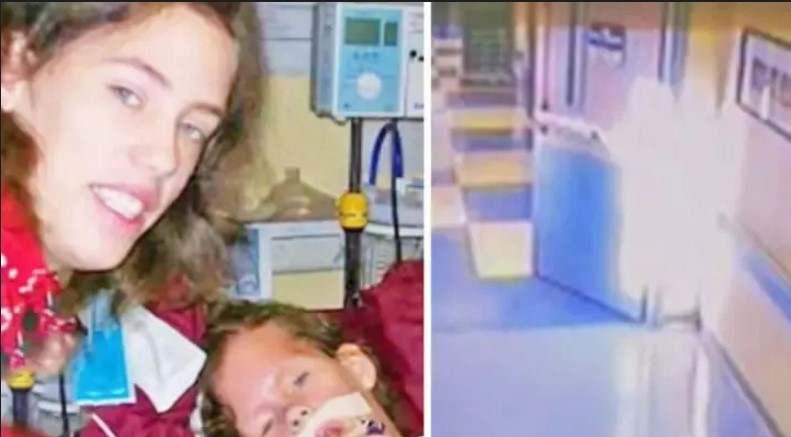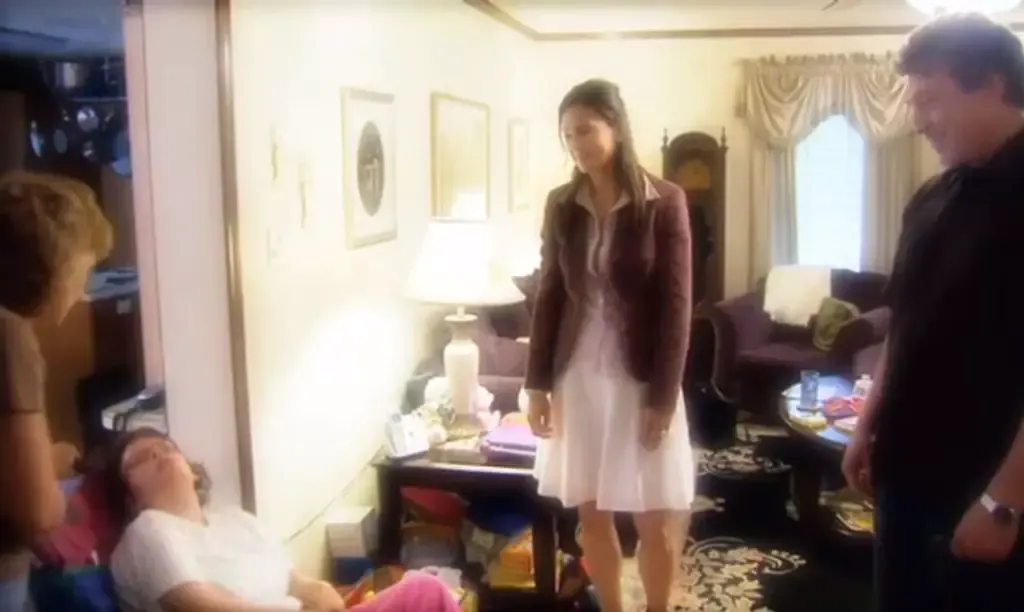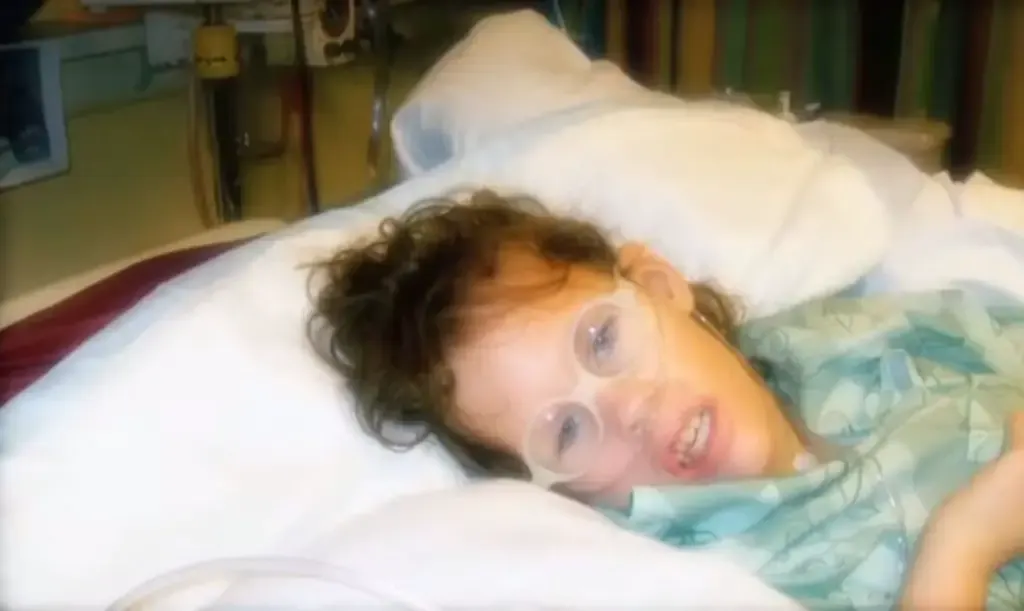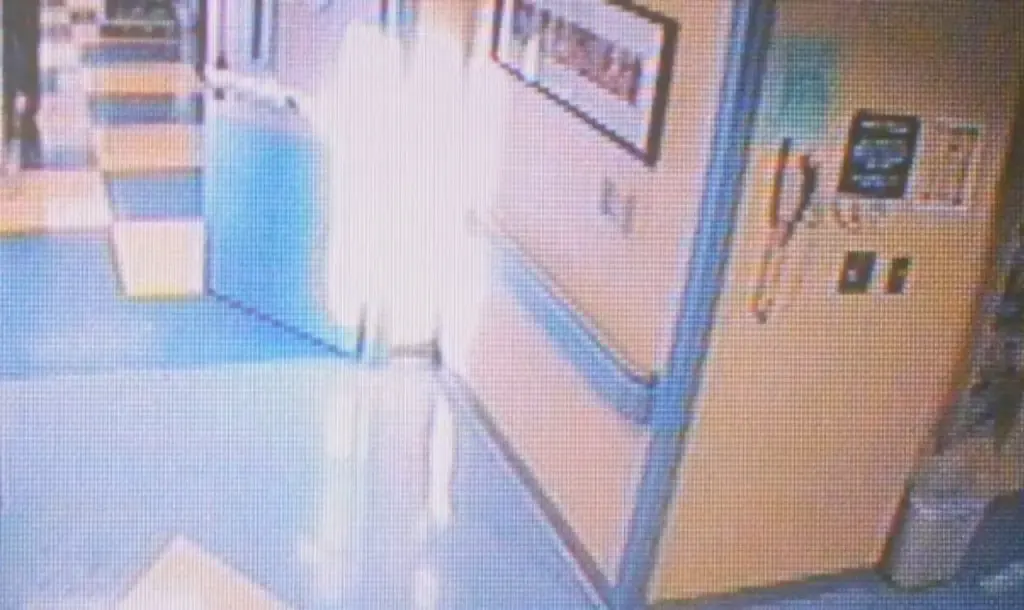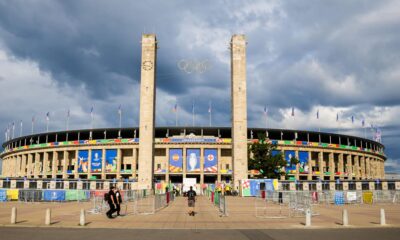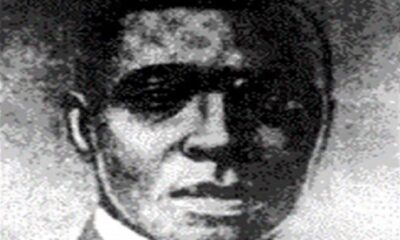Background
The clamour for democracy heightened after President Ibrahim Babangida annulled the June 12 1993 presidential election which proclaimed M.K.O Abiola as the winner.
Babangida annulled the election on the grounds of “electoral irregularities”. Before he stepped down from power on the 26th of August, 1993, he set up an interim government that would oversee the transition of power to a democratically elected government…Click Here To Continue Reading>> …Click Here To Continue Reading>>
The Earnest Shonekan-led Interim National Government had no plan whatsoever to cede power to Abiola and this earned it opposition from Abiola and his loyalists.
During its short stay, the Interim National Government witnessed many pro-democracy protests in the country one of which was the hijacking of Nigerian Airways Airbus A310 by four Nigerian teenagers.
How It Happened
On the 25th of October, 1993, a domestic Nigerian Airways airbus scheduled to fly from Lagos to Abuja was hijacked by four Nigerian teenagers who claimed to be acting for the Movement for the Advancement of Democracy (MAD). The teenagers – Richard Ogunderu, Benneth Oluwadaisi, Kabir Adenuga and Kenny Rasaq-Lawal cleverly smuggled toy guns into the plane and began operation mid-flight.
OldNaija gathered that there were 159 people on the hijacked Airbus 310. As soon as the plane reached about 30,000 feet above sea level, the boys sprang into action. They gained access to the cockpit and one of them announced,
“Ladies and gentlemen, this plane has been taken over by the Movement for the Advancement of Democracy, remain calm, we will not harm you. You will be told where the plane will land you.”
Their initial plan was to divert the Lagos-Abuja flight to Frankfurt in Germany but decided to land in Niamey, the capital of Niger Republic after the pilots insisted there wasn’t enough fuel to reach Frankfurt. The plane had sought to land in Ndjamena, Chad, for refueling but was denied permission and diverted to Niamey.
In 2009, Richard Ogunderu, one of the four hijackers, recounted his role in the incident; he recalled that “the air hostesses were almost stone-dead, gripped by fear. We wanted change. Our action confirmed that when a system is inhumane, it could produce the extreme in all of us.” READ FULL STORY HERE>>>CLICK HERE TO CONTINUE READING>>>
He added, “I walked into the cockpit and seized the process, and then the others followed me. Two of us stayed back to intimidate the passengers. We took over the plane and asked the pilot to head for another country.”
The young hijackers stated the need to restore democracy and actualize the annulled June 12 election as the reasons for the hijack. Among other things they demanded were press freedom in Nigeria, the trial of all those who collaborated with the military regime, and the dissolution of the present interim government which they described as “illegal”.
During the operation, they separated men from women and government officials from ordinary citizens. On getting to Niger Republic, they freed 34 hostages. Those freed included Vice President Rong Yiren of China, said Souley Abdouleye, Niger’s transportation minister in 1993. The Interior Ministry said the people held included Nigerian Government officials and six crew members.
OldNaija gathered that the hijackers gave the Nigerian government a 72 hours ultimatum to meet their demands or else, they would blow up the plane with the hostages. Local and international media were amazed that such an incident could happen in Nigeria, considered an aviation safe haven.
The Rescue
The four teenagers had control of the plane for three days until the military stormed the premises. On the 28th of October, 1993, after Nigerian authorities gave the order to storm the aircraft, the hostages were rescued. The rescue operation left one dead (a member of the crew) and five injured, including one of the four captured hijackers, Richard Ogunderu. With their arms cramped on their backs, they were handcuffed and taken to prison.
Lawal, one of the four hijackers said they were taken to a prison in a community with day temperature in the range of 55 degree centigrade. “We were poorly fed. We could neither speak Hausa nor French and nobody spoke English to us.”
The hijackers spent nine years and four months in Niamey prison without family contact whatsoever. They were later released in 2002.

